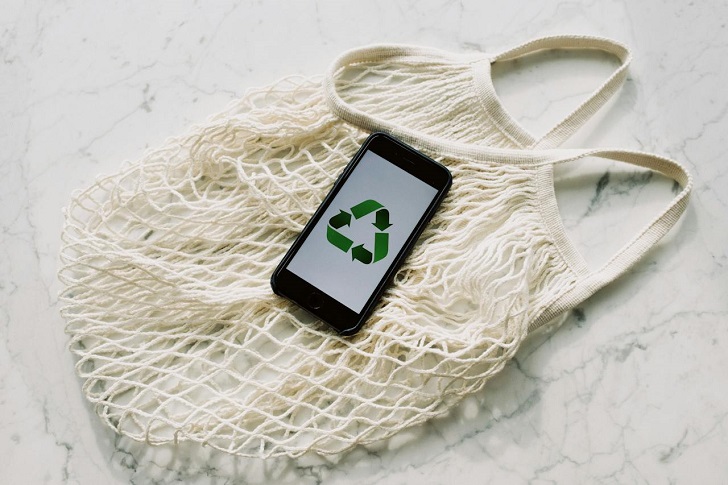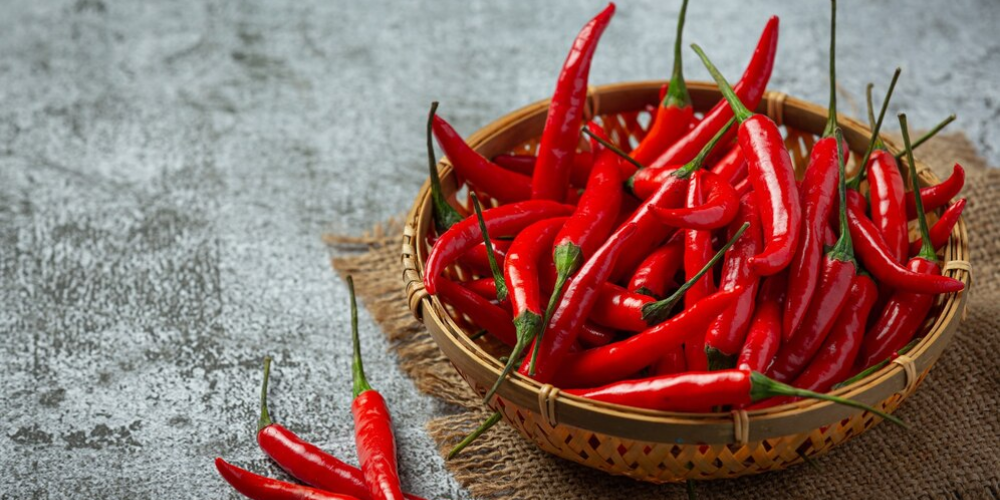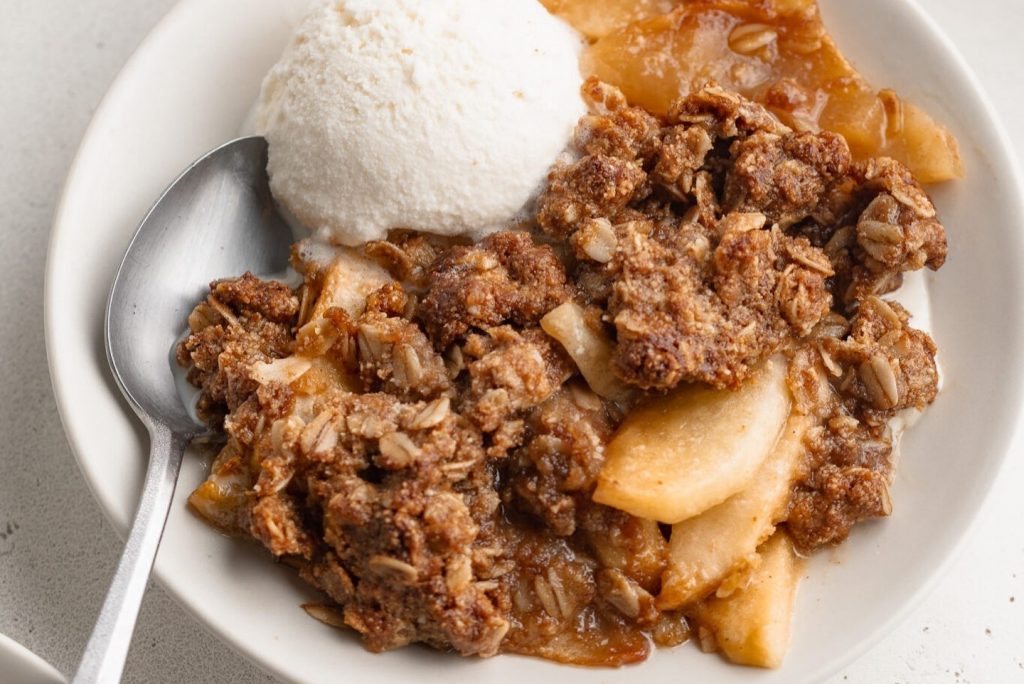The kitchen is often the heart of the home, where we cook, eat, and gather with loved ones. In the quest for a more sustainable lifestyle, making eco-conscious choices in your kitchen is a significant step towards reducing your environmental footprint.
One of the key aspects of creating an eco-friendly kitchen is selecting sustainable materials. This article will delve into the art of choosing eco-friendly materials for your kitchen renovation or upgrade.
Bamboo:
Bamboo is a versatile and rapidly renewable resource, making it an excellent choice for various kitchen applications. Bamboo grows much faster than hardwood trees, making it a more sustainable option for flooring, cabinets, and countertops. When selecting bamboo products, ensure they are certified by organizations like the Forest Stewardship Council (FSC) to guarantee responsible sourcing and production.

RDNE Stock projecta/ Instagram | Choose materials that speak to your values: sustainability, durability, and responsibility
Repurposed Wood Wonders:
Give your kitchen a sustainable makeover with reclaimed wood. Salvaged from old structures, it's a nod to history while reducing the need for fresh timber. Use it for countertops, floors, or even cabinet doors—it’s a rustic touch that brings warmth and character.
Recycled Glass:
Recycled glass countertops and tiles are gaining popularity for their aesthetic appeal and sustainability. These products are made from post-consumer or post-industrial glass, diverting waste from landfills. Recycled glass surfaces are durable, non-porous, and available in various colors and patterns, making them an attractive and eco-conscious choice for your kitchen.
Concrete Creations:
Concrete isn’t just chic—it's eco-wise too. Pick local materials and low-VOC sealers for your countertops and floors. This tough stuff can stick around for ages, slashing the need for replacements and giving your kitchen a durable edge.

ready made/ Instagram | In a sustainable kitchen, every ingredient tells a story of conscious choices and mindful living
Stainless Steel Strength:
Embrace the durability of stainless steel in your kitchen. It's tough against heat, stains, and corrosion, perfect for appliances, sinks, and countertops. Want to level up your sustainability game? Choose energy-efficient stainless steel appliances—it’s a win for the planet and your kitchen.
Cork:
Cork is an eco-friendly material that has gained popularity for its natural beauty and sustainable properties. It is harvested from the bark of cork oak trees, which regenerate after harvesting. Cork flooring is soft underfoot, insulating, and provides a unique, textured appearance to your kitchen. Look for cork products certified by the Forest Stewardship Council (FSC).
Recycled Metal:
Recycled metal is a versatile choice for eco-conscious kitchens. Repurposed metal, such as aluminum or copper, can be used for cabinet hardware, light fixtures, and backsplashes. Opt for items made from post-consumer or post-industrial recycled metals to reduce the demand for virgin resources.
Low-VOC Finishes:
When selecting paints, varnishes, and sealers for your kitchen, choose low-VOC or VOC-free options. Volatile organic compounds (VOCs) can off-gas into your home's air, contributing to indoor air pollution. Low-VOC finishes are better for your health and the environment.

Curtis Adams/ Instagram | An eco-friendly kitchen is a daily reminder that every action, no matter how small, can impact the environment
Natural Stone:
Natural stone countertops, like granite or soapstone, are durable and offer a timeless appearance. While the extraction and transportation of stone can have environmental impacts, selecting stone from local quarries and using remnants or offcuts can minimize the carbon footprint of these materials.
Recycled Plastic:
For cabinet materials or shelving, consider recycled plastic or composite materials made from recycled plastic and wood fibers. These materials are durable and can withstand moisture and wear while helping to reduce the amount of plastic waste in landfills.



